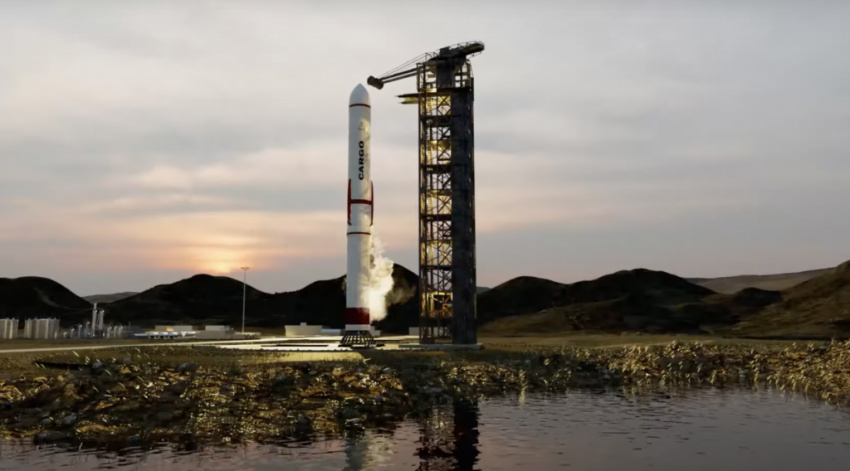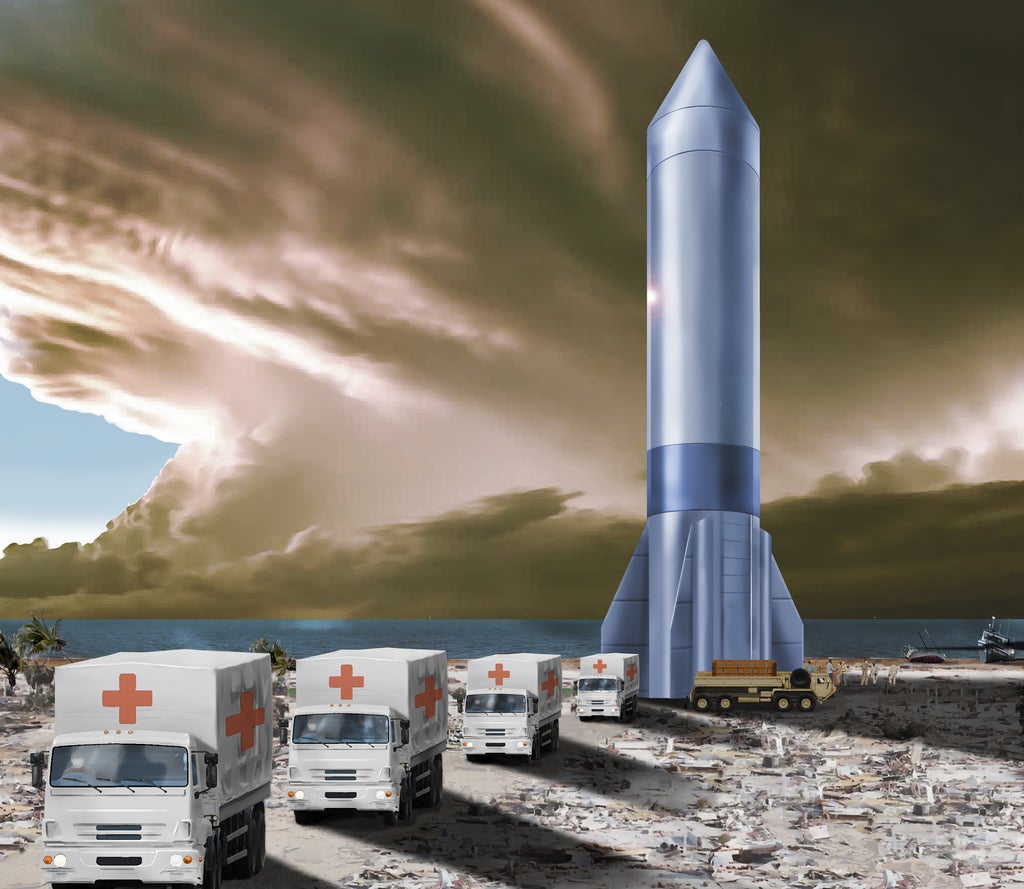
The contract is for the rocket freight program, a new project sponsored by the Air Force Research Laboratory that will look into the feasibility of employing huge commercial rockets for worldwide logistics for the Department of Defense.
The contract formalises a government-industry partnership to assist “establish exactly what a rocket can do when utilised for cargo transport, what is the true capacity, speed, and cost of the integrated system,” according to Greg Spanjers, rocket cargo programme manager.
The contract, which was awarded on January 14, was originally reported by AviationWeek.com and was not announced by the Air Force.
This is the largest rocket cargo contract ever awarded. In 2020, the United States Transportation Command signed cooperative research and development agreements with SpaceX and Exploration Architecture Corporation (XArc) to investigate concepts for speedy space transportation. The command also signed a CRADA with Blue Origin last month.
The deal does not specify which of SpaceX’s launch vehicles will be used. The Air Force Research Laboratory will have access to SpaceX’s commercial orbital launches and booster landings in order to collect critical data on environmental signatures and performance. SpaceX will also deliver cargo bay designs that are compatible with US TRANSCOM intermodal containers and allow for quick loading and unloading. A full-scale demonstration of heavy cargo transport and landing is also included in the contract.
“Commercial vendors envision fixed point-to-point transport to established sites, a commercial service that we are certainly interested in procuring once available,” said Spanjers. He said DoD is “very interested in the ability to deliver the cargo anywhere on Earth to support humanitarian aid and disaster relief.”
Many disaster-prone areas, on the other hand, lack commercial spaceports. “As a result, we’re looking into a wider range of novel trajectories to mitigate overflight issues,” he said. “We’re also looking into a broad range of landing options for remote locations, researching human factors when landing near people, and integrating a broader range of cargo, including medical supplies.”
SpaceX and the Air Force will investigate the use of intermodal containers that can be used with other forms of transportation.

At this time, according to Spanjers, there is no set date for a demonstration. “Over the next five years, AFRL will collect data by utilising many commercial demonstration launches,” he stated. “This timeline is not driven by the Air Force; rather, data will be collected whenever SpaceX flies relevant missions,” according to the Air Force.
In a few years, a thorough demonstration of heavy cargo transport capacity to another site on Earth could be undertaken, but nothing has been chosen yet.
“Significant heavy cargo from orbit has never been accomplished before,” Spanjers stated. “The commercial heat protection system, landing propulsion, and landing legs will all be put to the test.”
According to him, the Air Force intends to add more companies to the programme over time. “We’re still talking to other launch vehicle companies and will consider issuing more contracts later in the programme,” said the company.





